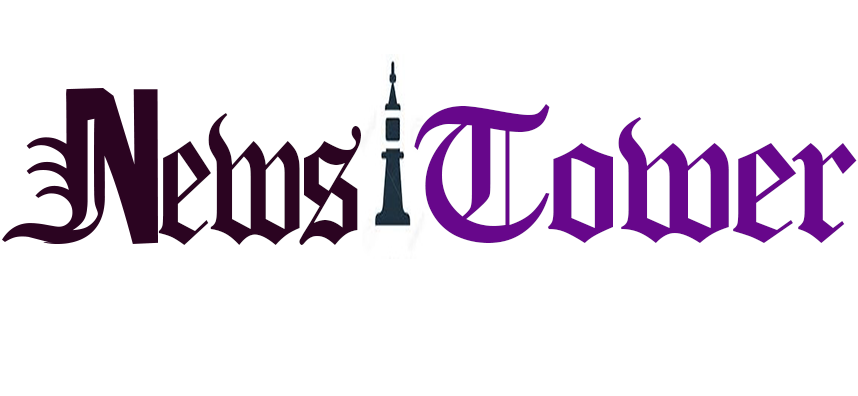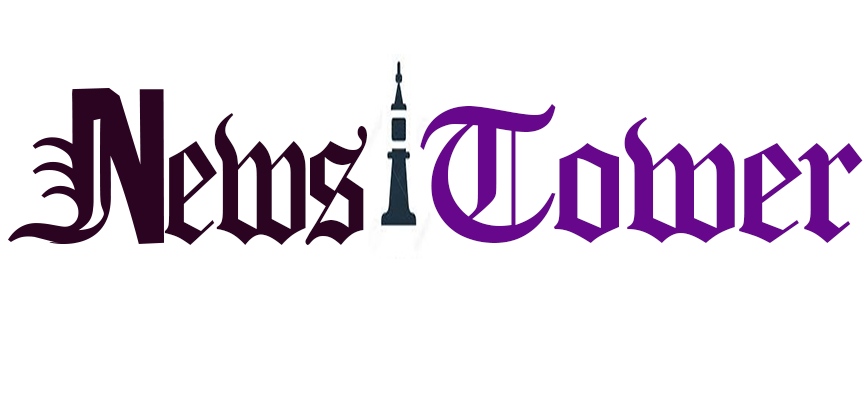By Ayo Oyoze Baje
Quote:
“Nearly all the elected and appointed leaders at various levels prioritize personal interests over the well-being of the citizens, thereby perpetuating widespread corruption and selfishness.”
-Abiola Ayankunbi ( Head Consultant at AningMO3 Marketing Management )
The importance of the political leaders listening to the opinions and views of members of the led majority of the people, to shape their policies, programs and projects should not be undermined under a democratic dispensation. Governance is not all about satisfying the wishes, whims and caprices of the family members, friends, political acolytes and praise-singers of the local government council chairmen, state governors, lawmakers, commissioners, ministers and Mister President. Such a wierd political paradigm, as it has unfortunately been playing out right before our eyes since 1999 dovetails towards dictatorship.
It is in the light of this position that yours truly got in touch with some enlightened individuals, concerned about how government has been run and is still evolving ever since the return of democracy in 1999. So, what exactly should be restructured to make our own variant of democracy swing back in favour of the masses ? The responses that follow should serve as food-for-thought for those who pilot our affairs virtually on daily basis.
Writing from the University of Port Harcourt, a doctoral candidate, Abiola Ayankunbi, Head Consultant at AningMO3 Marketing Management
has this to say:
.
*”Challenges of Nigeria’s Leadership Structure*- *”Absence of Strategic Planning*: The present governance system is reactive instead of being proactive. The policies are without depth and promises made without substance. Lack of comprehensive planning and accountability leads to a cycle of trial and error that sacrifices national stability and progress.
– *”Corruption and Selfishness*: Nearly all the elected and appointed leaders at various levels prioritize personal interests over the well-being of the citizens thereby perpetuating widespread corruption and selfishness. This greatly constitutes a disconnect between the government and the governed.
– *”Poor Leadershipi Accountability*: In Nigeria, previous year is always better than the present one. This has been the case since the time immemorial. Political office holders use to blame their predecessors for their shortcomings instead of taking responsibility for their actions. This blame game has become a common phenomenon irrespective of the political party they belong to.
– *”Inadequate Board Composition*: Most of the boards’ members consist of loyalists, girlfriends, or family members with limited independence or professional leverage, leading to poor decision-making and weakened governance.
– *”Weak Regulatory Frameworks*: We have laws but they are meant for the poor; those in authority do not respect or obey those laws. Regulatory bodies need to be fortified so that they can strengthen, monitor, and enforce necessary mechanisms to prevent governance breaches and ensure compliance with established codes.
– *”Lack of Transparency and Accountability*: The absence of transparent communication and accountability mechanisms erodes citizens’ trust and confidence in leadership at both governments and corporate organizations level.
– *”Absence of Separation of Power*: On paper, the three arms of government (legislature, executive, and judiciary) are separated but in practice, executive dominates and dictates to the remaining two. This anomaly discourages open debate, suppresses robust discourse thereby leading to the executive dominance.
On his part, seasoned journalist, Charles Okoh of
Independent newspapers clearly states his candid opinion on the critical matter:
‘”As long as the system that continues to throw these crops of politicians as our leaders remains there is nothing we can do! The problem of our electoral process has little to do with the Constitution or Electoral Acts but more to do with the rogue electoral process as supervised by INEC.
“We do not have a say as to who our leaders should be therefore we cannot also send them out of office.”
Coming up strong to express the areas of his dissatisfaction with the current polity, Hassan Amos Bello, a renowned author writing from Jos, Plateau state has this to state:
“We have lost our values; at family level, the church and the society. A tree is known by its fruits. You can’t plant mango and harvest pawpaw.
The family, the church or mosque and the society are giving birth to their kind. We don’t have leaders currently in the country. The crop of people we have at the corridors of power are selfish and only interested in themselves
“Politicians once they come to power are not interested in the wellbeing of the people that appointed them; but to prepare for the next election. The nation celebrates thieves today, our traditional rulers give them chieftaincy titles even when they know the source of their wealth.
”So the ripple effects of all these are systemic failures, corruption etc. What are the solutions?
“The nation should be restructured into regions or we should have a United States of Nigeria. Let each region manage their resources and contribute to the center. The current constitution should be thrown into the dustbin. That is where it belongs.”
In its distilled essence, according to experts on political re-engineering and communication feedback plays a critical role in strengthening democracy by fostering accountability, promoting responsiveness, and enhancing citizen engagement.
In fact, effective feedback mechanisms, such as surveys, public forums, and open communication channels, would allow the citizens to voice their opinions, influence policy decisions, and hold elected officials accountable.
Eventually, it solidifies the relationship between the citizens and their political helmsmen, leading to more effective and representative governance.
And if the leaders listen to and implement the opinions of the people it would guarantee policy Improvement and responsiveness
Informing policy decisions:
Feedback from citizens can provide valuable insights and inform the development of more effective and relevant policies. It would also serve in promoting a more inclusive and representative democracy to build and sustain the key elements of trust, confidence and collaboration with the leaders
By giving all citizens a voice, feedback mechanisms can help ensure that democracy is inclusive and representative of all segments of society.
All angles considered therefore , feedback is a powerful tool in a democracy. By fostering accountability, promoting citizen engagement, and enhancing policy responsiveness, feedback strengthens democratic institutions and builds a more just and equitable society.
Such an inclusive system of government is what Nigeria needs now more than ever before. With it all the undue focus on who wins what come 2027 would reduce. Instead of chasing such nebulous shadows of the greed for power focus should be on delivering the dividends of democracy to the long-suffering Nigerians.


